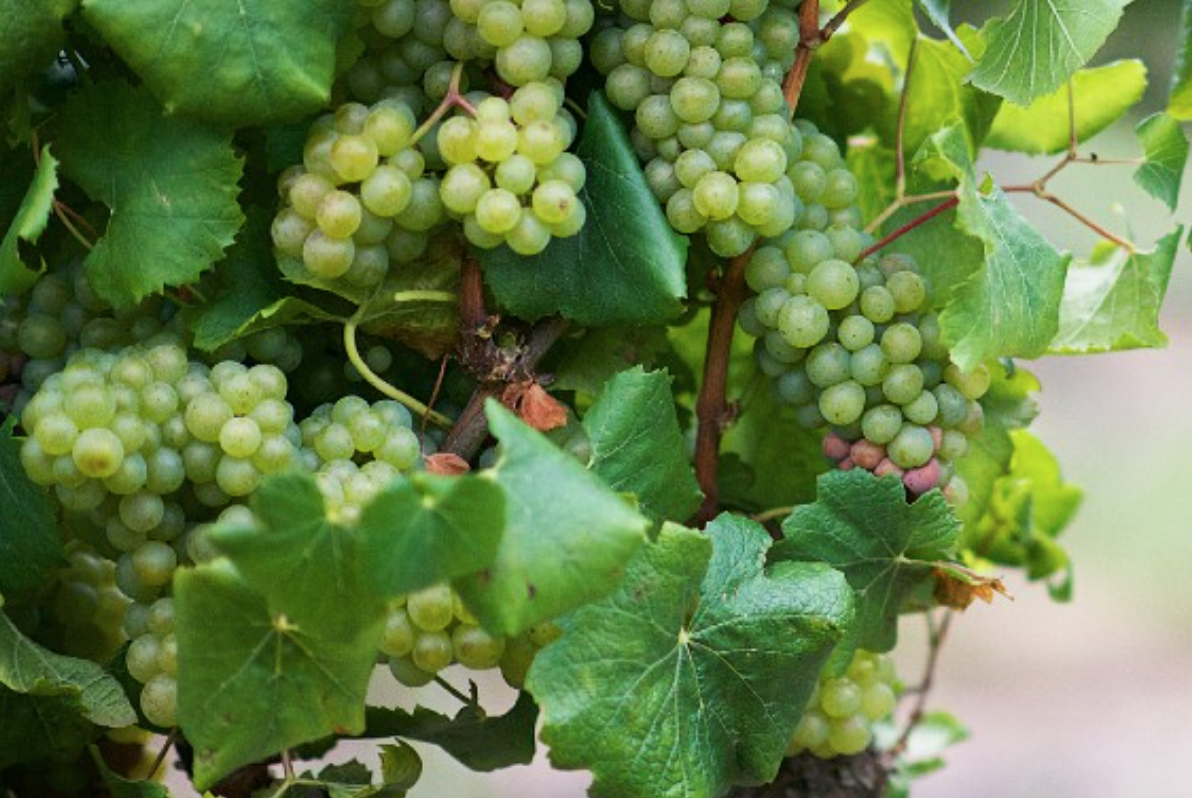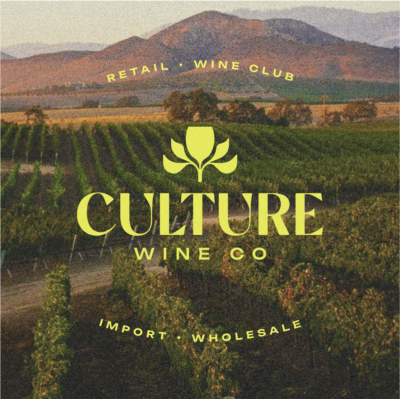
Steen is the South African name for Chenin Blanc, a white wine grape variety that has a rich history in South Africa and plays a significant role in the country’s wine industry. The name “Steen” is a South African colloquialism for Chenin Blanc and is deeply rooted in the nation’s wine heritage.
Historical Context:
Chenin Blanc was likely introduced to South Africa by early European settlers in the 17th century, possibly arriving with the first Dutch and French Huguenot colonists. These settlers saw the potential in this versatile grape, which was known for its adaptability and high yields. Chenin Blanc soon became one of the most widely planted grape varieties in South Africa.
Historical Significance:
For many years, Chenin Blanc, known locally as Steen, was primarily used in the production of brandy and sweet fortified wines, such as South African sherry and port-style wines. It was not until the late 20th century that the full potential of Chenin Blanc for dry table wines was recognized.
Contemporary Role:
Today, Chenin Blanc, referred to as Steen in South Africa, has experienced a renaissance and a resurgence in popularity. It is now celebrated for its exceptional quality and diversity, playing a vital role in the South African wine industry:
- Widespread Plantings: Chenin Blanc is one of the most widely planted grape varieties in South Africa, with vineyards spread across various regions, from Stellenbosch to the Swartland and beyond.
- Diversity of Styles: Chenin Blanc in South Africa is celebrated for its ability to produce a wide range of wine styles. This includes crisp, dry, and refreshing wines, as well as complex, age-worthy expressions, which can range from still to sparkling and even sweet dessert wines.
- Old Vines: South Africa is home to some of the world’s oldest Chenin Blanc vineyards, many of which are dry-farmed bush vines. These old vines contribute to the complexity and depth of the wines.
- Acclaim: South African Chenin Blanc has garnered international acclaim, with a growing reputation for producing world-class wines. It is celebrated for its ability to express the unique terroir of different South African wine regions.
- Versatility: Chenin Blanc’s adaptability to different soils and climates makes it an ideal grape for various winemaking techniques, including both single-varietal wines and blending.
- Promotion of Heritage: Chenin Blanc has become a symbol of South Africa’s wine heritage, connecting the past with the present. It reflects the country’s wine history while also showcasing modern winemaking expertise.
In summary, Steen, or Chenin Blanc, holds a special place in South Africa’s wine industry. It has evolved from being primarily associated with brandy and fortified wines to becoming a versatile grape variety, producing a diverse range of high-quality wines. Steen reflects the resilience and adaptability of South African winemakers and their commitment to preserving their heritage while embracing innovation and excellence in winemaking



